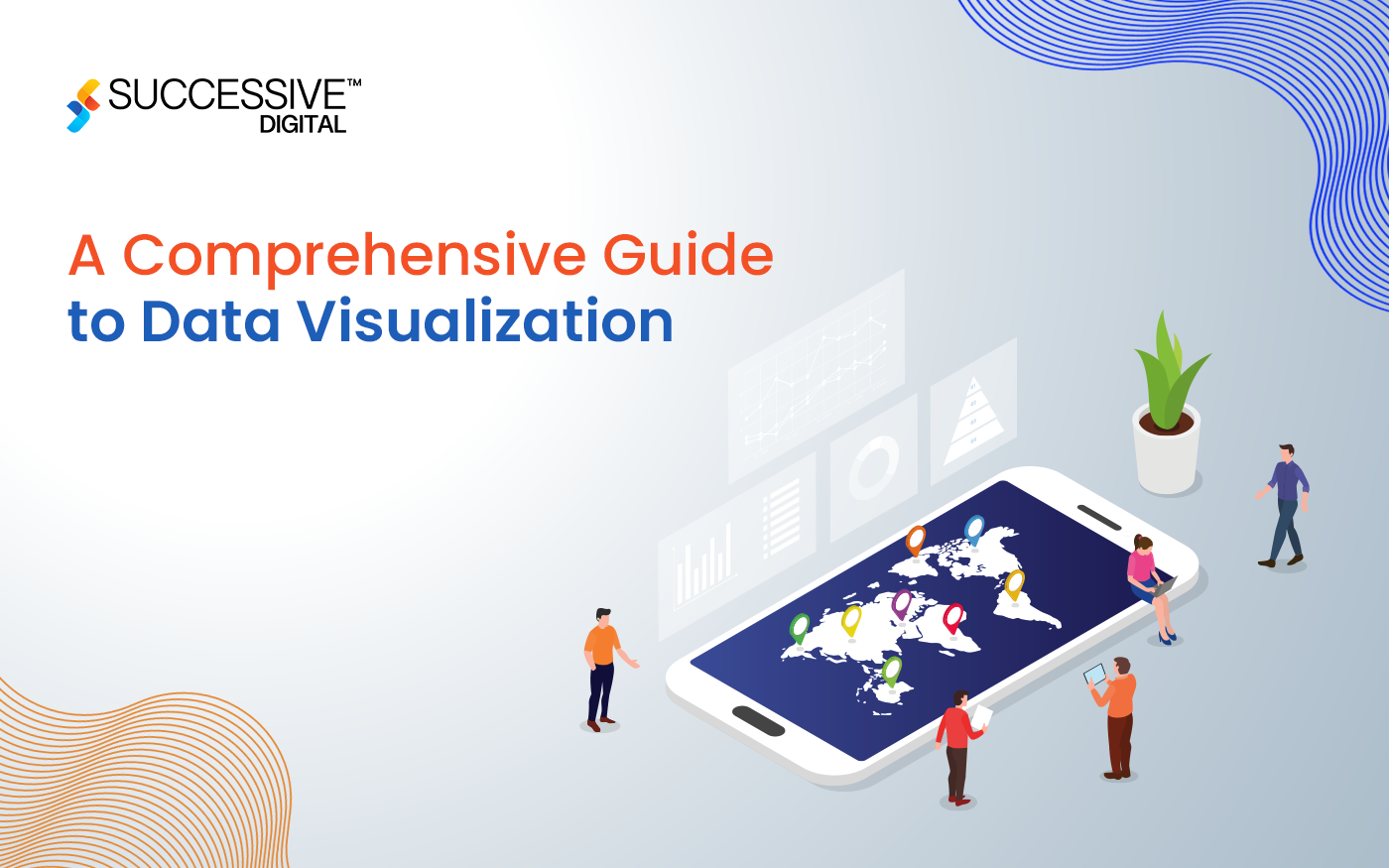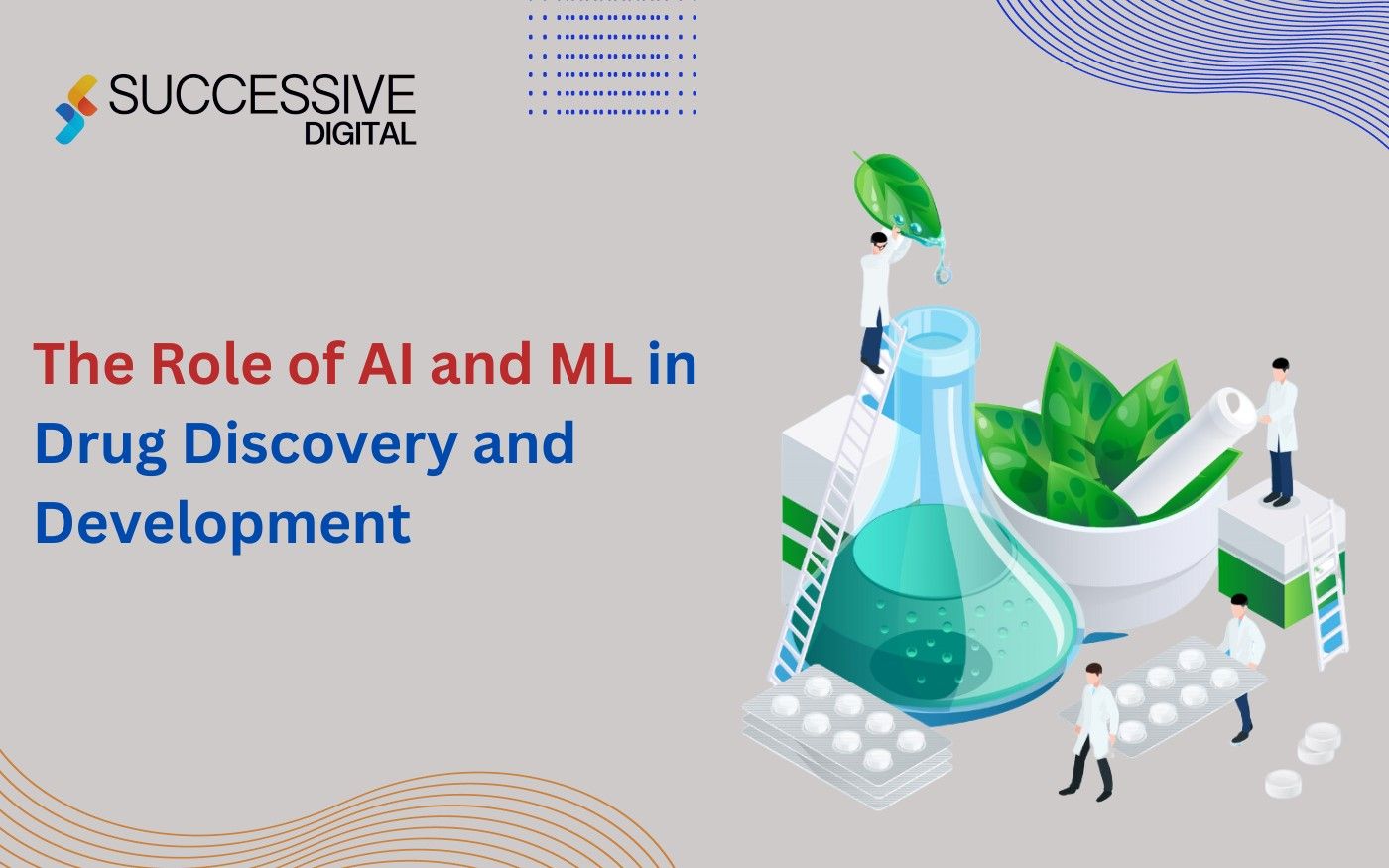In today’s digital transformation era, businesses are under growing stress to undertake technology to hold an aggressive benefit. At the vanguard of these technologies is enterprise artificial Intelligence (AI), which is critical for reinforcing performance, riding innovation, and fostering growth. Enterprise AI includes the comprehensive integration of AI technologies throughout numerous commercial enterprise features, operations, decision-making, user engagement, and product improvement. These advanced tools empower businesses to analyze datasets, automate complex processes, and make high-precision real-time decisions. As markets become more dynamic and data-centric, AI’s role in shaping enterprise techniques and achieving desired effects becomes increasingly crucial. Groups that efficiently leverage enterprise AI can optimize their current operations, reduce risks, and unlock new avenues for innovation. This blog explores the technical reasons behind the need for enterprise AI for modern businesses.
The Technical Foundations of Enterprise AI
Enterprise AI, a transformative force built on a robust foundation of advanced technology, empowers businesses to revolutionize their operations and decision-making processes. The key components that enable this transformation are:
-
Machine Learning (ML)
It is the backbone of Enterprise AI, that empowers systems to learn from data, identify patterns, and make decisions with minimal human intervention. ML techniques such as supervised learning, unsupervised learning, and reinforcement learning are widely deployed across various business applications to enhance functionality and efficiency.
-
Robot Procedure Automation (RPA)
RPA automates repetitive, rule-based tasks. When incorporated with AI, RPA evolves into intelligent automation that can handle more complex, decision-based processes, thus improving performance across the entire business functions.
-
Natural Language Processing (NLP)
NLP allows computer systems to recognize, interpret, and generate human language, making it possible for machines to interact more naturally with customers. In large enterprise set-up, NLP is pivotal in services such as chatbots, computerized customer service, and real-time sentiment analysis.
-
Computer Vision
Enterprise AI specializes in allowing machines to interpret and process visual data. Computer vision is used in businesses for mundane responsibilities, including computerized quality management, facial recognition, and image-based data extraction.
-
Predictive Analytics
Predictive analytics leverages historical data patterns to predict future tendencies and scenarios. Key strategies like regression analysis, time collection forecasting, and neural networks are essential for assisting groups in anticipating market adjustments, enhancing operational performance, and making well-informed choices.
Improved Operational Efficiency
Businesses are turning to enterprise AI primarily because of its functionality in optimizing operational performance. By automating repetitive tasks, AI allows organizations to allocate human assets to extra strategic and cost-pushed sports. Within supply chain management, AI-powered predictive analytics can optimize inventory management, lessen waste, and improve the accuracy of demand for forecasting.
-
Intelligent Workflow Automation
AI enables intelligent automation of intricate workflows by integrating machine learning (ML) models into robotic workflow structures. This helps intelligent decision-making processes that adapt in real time to changing situations. For instance, AI can dynamically adjust production schedules based on real-time data from manufacturing sensors, optimizing resource usage and minimizing downtime.
-
Proactive Maintenance
Enterprise AI plays a crucial role in proactive maintenance, particularly in industries like manufacturing and utilities. By harnessing the power of ML algorithms to analyze sensor data from equipment, AI enables businesses to predict machinery failures before they occur. This proactive approach significantly reduces unplanned downtime and maintenance costs, making it a compelling case for AI adoption.
-
Optimized Supply Chains
AI revolutionizes delivery chain management by enabling organizations to research records from various assets, such as providers, logistics, and marketplace trends. This analytical strength lets businesses predict demand as they should be expected, streamline routing strategies, and verify capability dangers associated with suppliers.
Fostering Innovation and Competitive Advantage
By using AI, businesses can stay ahead of competitors and rapidly adapt to evolving marketplace demands.
-
Extended Product Improvement
Enterprise AI substantially shortens product development cycles by automating essential duties, including design optimization, and testing. For example, in the car industry, AI-driven simulations can predict the performance of new vehicle designs under various conditions, lowering the reliance on bodily prototypes and accelerating the improvement process.
-
Enhanced Customer Experiences
AI allows businesses to offer its audience customized user experience by leveraging algorithms that analyse individual’s choices. Strategies like collaborative filtering and content material-primarily based recommendations help create tailored product and provider offerings, leading to elevated customer trust and loyalty.
-
Innovative Business Models
Enterprise AI can rework business models, primarily through the monetization of facts. Businesses can create AI-pushed systems that supply predictive insights as a provider, opening new revenue channels and equipping customers with essential tools for making data-powered decisions.
In today’s complicated and competitive landscape, enterprise AI has emerged as vital for businesses aiming to be successful in digital world. Using AI’s technical strengths, businesses can scale operational performance, foster innovation, and execute data-driven selections on a large scale. However, to fully capitalize on enterprise AI potential, companies must navigate challenging situations by ensuring that data is always correct, obtaining professional expertise, and addressing internal as well as external enterprise challenges in time. As companies evolve, incorporating AI at the organization level becomes a critical element, helping them hold a competitive facet and gain a long-term growth.












